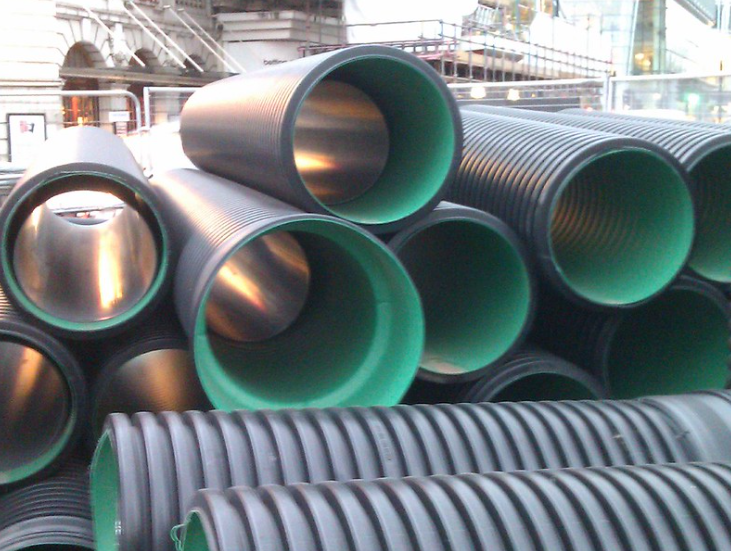New construction plumbing is the process of installing plumbing and fixtures in a new house. It involves installing pipes and fittings and shut-off valves. Individual plumbing fixtures, like sinks and faucets, are usually the last components added during construction. If you’re planning to add new plumbing to your home, you should first learn more about the process.
Installation of pipes
New construction plumbing is a complex job that requires a plumber to install pipes inside the home. They must know how to coordinate with other construction teams and ensure that their work is done correctly. They must also make sure that plumbing fixtures are built to last for many years. A plumber who specializes in new construction plumbing is called a “rough-in” plumber. These plumbers lay down the supply and waste lines for the home. These pipes eventually connect to all other plumbing fixtures in the home.
Before the pipes and fixtures are installed, the plumbing team must test them to make sure they are in good condition. This is usually done by filling pipes with air and monitoring the pressure for a certain period of time. Some plumbers like the Plumbers Highfields team will also pressure-test the new pipework using water.
Installation of fixtures
When installing plumbing fixtures in a new construction, it’s important to know the proper installation techniques. Before starting, make sure all supply, drain, and vent lines are in place. After completing these steps, the plumber can begin installing fixtures. During this step, the construction team can incorporate stylistic elements and personal tastes into the design. Plastic and tarps are used to protect the fixtures from damage.
Plumbing systems have many moving parts, including pipes and vents. The pipes carry clean water into the house, while unclean water is pulled out by gravity. Vents help keep pipes clean. Proper installation of plumbing fixtures and vents will ensure that a plumbing system will last a long time. Plumbing systems should be installed before the interior finish materials are applied.
Shut-off valves
Shut-off valves are an essential part of any plumbing system. However, these devices can fail when you need them most. The stem or handle can become stuck or even break off, making the valve inoperable. Multi-turn shut-off valves, for instance, can be worked out, but quarter-turn shut-off valves are not as easily worked out. The performance of these pieces of hardware depends on a number of factors, including the amount of water in the system.
The two most important shut-off valves are those for the whole house and for the water meter. The former is located outside the house, and it is far away from the action, while the latter is more convenient.

Legality of the process
When it comes to new construction plumbing, it is important to know the legal requirements in your area. Some areas follow strict codes, and others don’t. If you don’t know what the rules are in your area, consider contacting a general contractor who can help you get your plumbing license and meet local requirements.
Before you begin the process of setting up new plumbing, identify the walls that will be moved. If you’re installing a shower or bathtub, you’ll have to remove drywall to make way for the new pipes. You’ll also have to turn off power. Make sure there are no live wires in the area, and remove any cables in your way. Using a tape measure can help you determine exactly where the plumbing fixtures will be installed.
Cost
When you are building a new home, plumbing is an important part of the project. It involves connecting different pipes to different devices and appliances. These include faucets, sinks, water heaters, and showers. Obviously, the more water fixtures you need, the higher the cost of new construction plumbing. In addition, plumbing fixtures vary greatly in price, so it is important to have an experienced plumber help you determine your budget based on these factors.
When you are planning the new construction of your new home, it is important to know the costs involved. Plumbing is a complex system that needs to be carefully planned. Because of the intricate planning and work involved in plumbing, it is often difficult for the average property owner to determine the full cost of the project.
Considerations for hiring a construction plumber
Choosing a new construction plumber is as important as choosing a builder. Quality plumbing contractors have the experience and knowledge necessary to guide homeowners through the plumbing process. They will also work with the rest of the construction team and answer any questions you may have along the way. Plumbing is a complex process that can incur additional costs if not handled correctly.
A skilled plumber will be able to determine how to prevent problems before they arise. They will also be more knowledgeable about the proper installation methods, which can help prevent future problems. Choosing a plumber with these skills is an excellent choice, as it will save you money in the long run.
